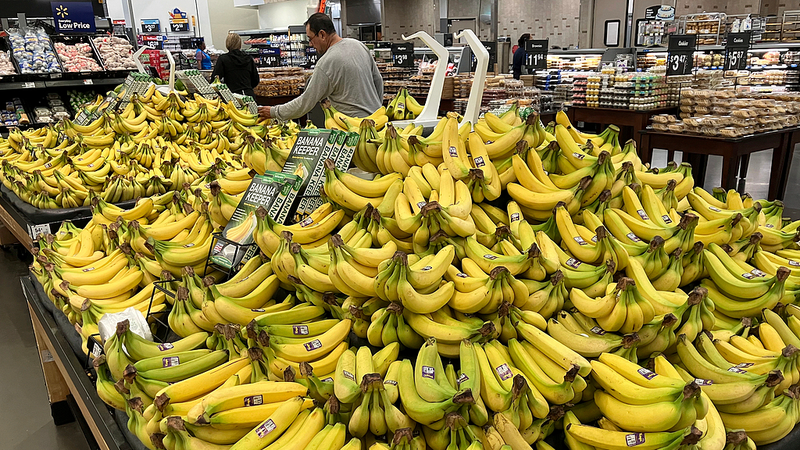On Thursday, November 13, the United States announced plans to remove tariffs on select food imports from Argentina, Ecuador, Guatemala and El Salvador under new framework deals. The move aims to boost market access for U.S. firms and lower costs on everyday staples like coffee and bananas.
The framework agreements, set to be finalized within the next two weeks, will open doors for American businesses, from small cafés sourcing beans to supermarket chains stocking tropical fruits. A senior Trump administration official told reporters these tariff lifts could translate into lower retail prices for consumers by year’s end.
Treasury Secretary Scott Bessent signaled that "substantial" announcements are forthcoming, part of an ongoing push by the Trump administration to ease the cost-of-living squeeze for U.S. households. Additional deals with other partners could be on the table before 2025 wraps up.
Meanwhile, top diplomats in Washington are laying groundwork for more expansive ties. Secretary of State Marco Rubio and Brazil’s Foreign Minister Mauro Vieira met this week to discuss a potential U.S.-Brazil trade framework. Brazil, the world’s largest coffee producer, currently faces a steep 50 percent U.S. duty on its beans—a barrier that, if eased, could reshape global supply chains and prices at your morning café.
The tariff relief comes on the heels of recent electoral upsets in New Jersey, New York and Virginia, where voters expressed frustration over rising expenses. Economists note that aggressive tariffs imposed in recent years have contributed to higher import costs, prompting this administration to recalibrate its approach.
Trade analysts say the latest moves may signal a broader shift toward targeted tariff exemptions, with reports that even non-framework countries might see relief on beef, citrus and other key goods. For now, consumers can expect the first wave of tariff drops to land at grocery aisles and coffee shops early next year.
As these developments unfold, watch for changes on store shelves and in global trade patterns—proof that trade policy can have real impact on your daily cup of coffee and beyond.
Reference(s):
U.S. to lift tariffs on certain goods from 4 Latin American countries
cgtn.com



